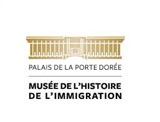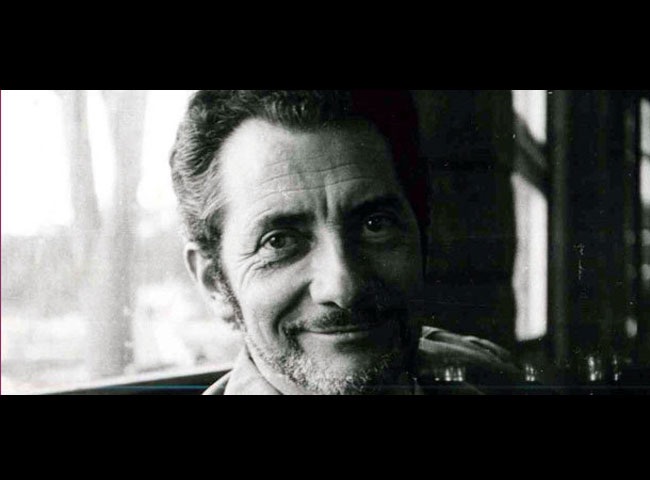Francis Jeanson, itinéraire d'un intellectuel engagé
-
Réalisé par Catherine de Grissac, Bernard Vrignon • Écrit par Catherine de Grissac, Bernard Vrignon
-
France • 2011 • 52 minutes • HDCam • Couleur
- Réalisation :
Catherine de Grissac, Bernard Vrignon - Écriture :
Catherine de Grissac, Bernard Vrignon - Image :
Françoise Bouard-Blanchard, Yoann Martineau - Son :
Martin Gracineau - Montage :
Françoise Bouard-Blanchard, Jérôme Etter
- Production (structure) :
Point du Jour - Coproduction :
Les Films du Balibari - Diffuseur :
France Ô - Participation :
Angoa-Agicoa, CNC, Procirep, Région Aquitaine, Région Pays de la Loire - Ayant droit :
Point du Jour
- N° ISAN :
ISAN 0000-0002-CD00-0000-L-0000-0000-B
Résumé
Pour beaucoup, son nom résonne encore comme celui de l’homme qui, l’un des premiers, a défendu la cause de l’indépendance algérienne contre la colonisation française. Mais cette lutte aux côtés du FLN occulte les multiples engagements pris tout au long de sa vie. Lier en permanence réflexions intellectuelles et pratiques concrètes est le leitmotiv du parcours du philosophe Francis Jeanson : de la pensée sartrienne à l’engagement pour une Bosnie pluriethnique, en passant par l’action culturelle et la défense de la psychiatrie du sujet et du citoyen. Ce film vise à retracer la cohérence de cette démarche et servir un débat autour des prolongements qu’elle peut inspirer aujourd’hui à tous ceux qui ne se résignent pas à subir l’ordre des choses et font le pari d’une réappropriation du monde.
French writer-philosopher, born 7th July 1922, is best known as the man who was one of the first to support the Algerian independence movement against French colonial rule. And the film draws the parallel between the life-long commitment of this eternel rebell and the events of the Arab Spring or the Indignents and protest movements triggered by the economic crisis ? although Jeanson has not lived to see any of these. He was close to Jean-Paul Sartre whose ideas he shared and in 1951, Sartre appointed him editor-in-chief of Les Temps modernes (Modern Times), the most important cultural review of the period after World War II which he had founded. At the same time, Jeanson also set up and ran French book publisher Editions du Seuil. In 1957, at the height of the Algerian war, he organised a clandestine militant movement, the ?réseau Jeanson? (Jeanson network), for which he was tried in absentia and condemned to ten years imprisonment. He returned to France only in 1966 on the occasion of his amnesty. The film, based on interviews before his death in 2009, retraces the causes he defended and, above all, his conviction that citizens should not resign themselves to accepting the order of things, but strive for civic engagement
Mot(s)-clé(s) thématique(s)
Sélections et distinctions
- 2013 • Scam • Paris (France) • Étoile de la Scam
- 2012 • Images en bibliothèques • Paris (France) • Film soutenu par la Commission nationale de sélection des médiathèques
Comment avoir accès au film ?
-
Édition DVD
- Il n'existe pas d'édition DVD à notre connaissance
-
Accès VOD
- Il n'existe pas d'accès en VOD à notre connaissance
- Diffusion non commerciale / Consultation


